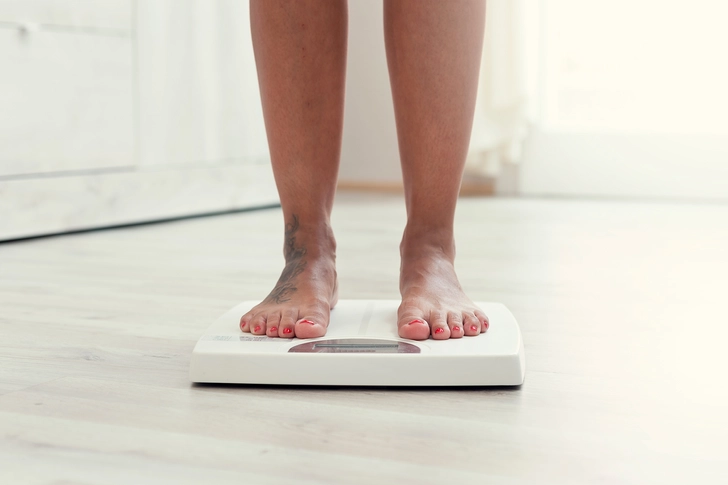- Overview
- Types
- Hormonal Methods
- Barrier Methods
- Behavioral Methods
- Medical Methods
- Male Birth Control
- Emergency Contraception
- Side Effects & Complications
- View Full Guide
IUDs and Weight Gain


Understanding IUDs
IUDs are T-shaped devices that a doctor inserts into your uterus to prevent pregnancy. They work very well: Fewer than 1 in 100 users will get pregnant in the first year. Besides preventing pregnancy, IUDs also can treat heavy periods.

Do IUDs Cause Weight Gain?
It's common to wonder if IUDs can make you gain weight. But there's no evidence that they can. That's true even for hormonal IUDs, which release low levels of progestin. The hormone levels aren't enough to cause noticeable weight changes.


Weight Gain Causes
Even when people report weight gain, other factors may be at play. Sometimes it's merely your stage of life. For example, if you start using an IUD before your body fully matures, you might think those normal body changes result from the IUD.

Removing an IUD
If you decide you want to get pregnant or just don't want to use the method anymore, your health care provider can remove it quickly and safely.
Photo Credits:
1) Rabizo Anatolii/Shutterstock
2) Moment/Getty Images
3) Brand X Pictures/Getty Images
4) Lee Charlie/Shutterstock
5) Shutterstock
SOURCES:
Nemours Teens Health: “The IUD.”
Henry Dorn, MD, OB/GYN, High Point, NC.
The American College of Obstetricians and Gynecologists: “Long-Acting Reversible Contraception (LARC): Intrauterine Device (IUD) and Implant.”
Patient Preference and Adherence: “Understanding benefits and addressing misperceptions and barriers to intrauterine device access among populations in the United States.”
American Journal of Obstetrics & Gynecology: “Validity of Perceived Weight Gain in Women using Long-acting Reversible Contraception and Depot Medroxyprogesterone Acetate.”
Bedsider.org: “Paragard vs. Mirena.”